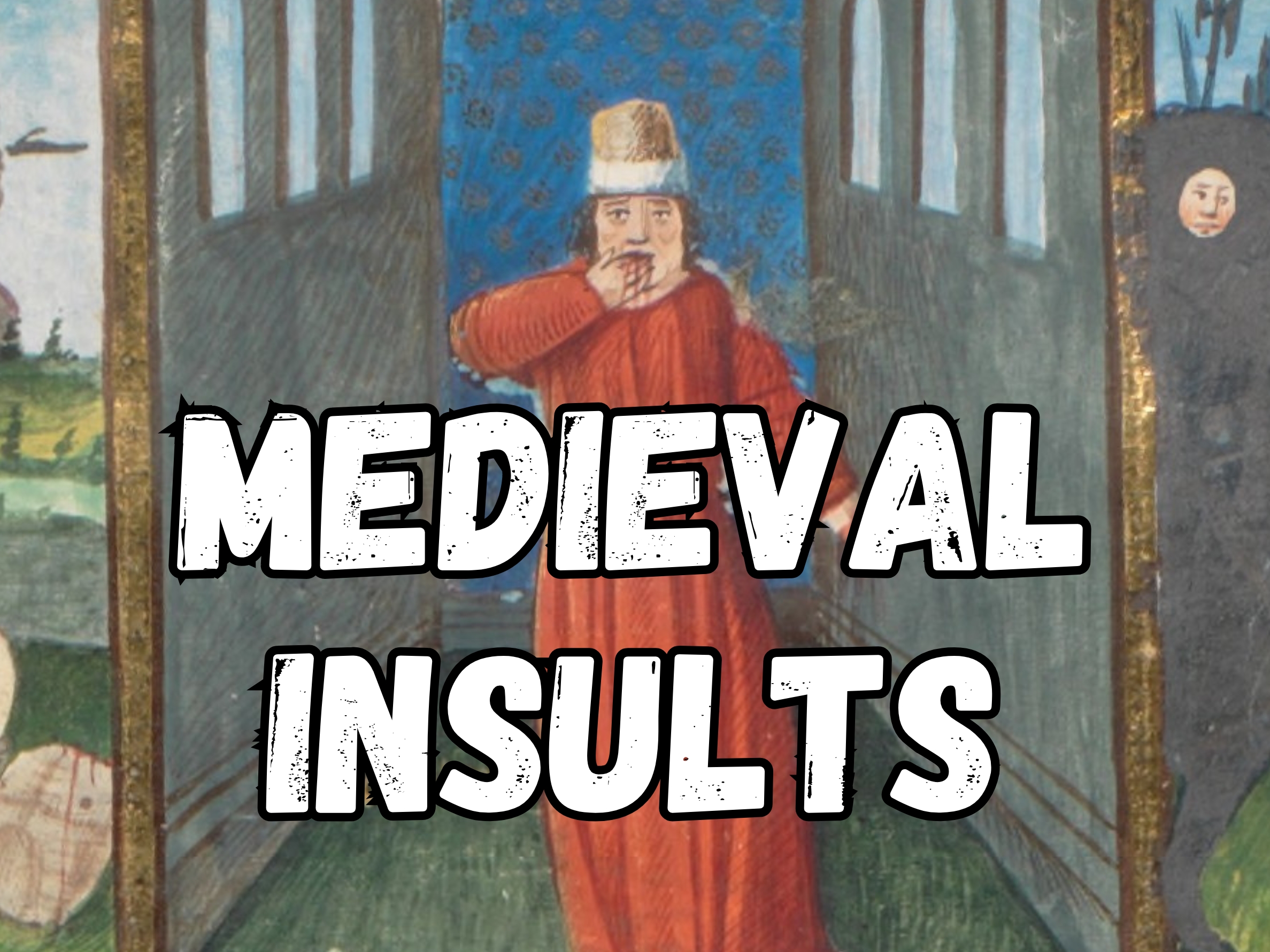
"If you've ever wondered how people in the Middle Ages mocked their rivals, medieval chronicles, court records, and literary texts offer a treasure trove of sharp-tongued insults. These historical slights range from witty and poetic to downright vulgar, revealing how medieval men and women used language to defend their honour, challenge enemies, or simply stir up trouble. From battlefield taunts to street-corner jeers, medieval insults tell us far more about daily life, humour, and conflict than you might expect-so prepare"
"They affirmed that the English were drunkards and had tails; the sons of France proud, effeminate and carefully adorned like women. They said that the Germans were furious and obscene at their feasts; the Normans, vain and boastful; the Poitevins, traitors and always adventurers. The Burgundians they considered vulgar and stupid. The Bretons were reputed to be fickle and changeable, and were often reproached for the death of Arthur."
Medieval chronicles, court records, and literary texts preserve sharp-tongued insults that ranged from witty and poetic to crude and vulgar. Insults functioned as tools to defend honour, provoke rivals, and escalate disputes into physical fights or larger conflicts. University students and regional groups traded national stereotypes, accusing opponents of drunkenness, effeminacy, avarice, treachery, or gluttony. Battlefield exchanges of taunts frequently sparked further violence between England, Normandy, and France. Insults appeared in everyday settings from classrooms and streets to battlefields, revealing social attitudes, humour, and the mechanisms by which language shaped reputation and conflict in medieval society.
Read at Medievalists.net
Unable to calculate read time
Collection
[
|
...
]